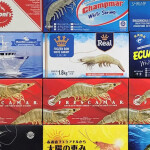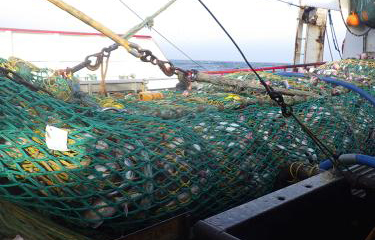NOAA Fisheries has finalized its plans for a new quota system for Pacific cod trawling, which will require U.S. fishermen to join a cooperative to harvest cod in the Bering Sea and Aleutian Islands region in most of 2024.
Under the Pacific Cod Trawl Cooperative Program, NOAA Fisheries will set an overall harvest quota and then assign quota permits to cooperatives. The cooperatives, which must be associated with a processor, will then determine how much cod each individual member can catch under those permits. Quota shares for cooperatives will be determined by historic landing data.
The year will be split into three seasons: A season from 20 January to 1 April; B season from 1 April to 10 June; and C season from 10 June to 1 November. Fishermen will need to join a cooperative to participate in A and B seasons, but C season will remain “a limited access fishery open to all trawl catcher vessels.” The C season will only account for 15 percent of the annual trawl allocation.
The drastic move comes amid steady decline in the cod fishery, where the government says the speed with which the trawling fleet harvests the total allowable catch has led to shorter seasons. The Pacific cod fishery is the second-largest commercial groundfish fishery in Alaska, with a commercial harvest of USD 87 million (EUR 80 million) in 2021, according to NOAA Fisheries.
The program has several goals for improving the fishery, including:
- Promoting safety and stability in the harvesting and processing sectors;
- Minimizing bycatch to the extent practicable;
- Increasing the value of the fishery;
- Providing for the sustained participation of fishery dependent communities; and
- Ensuring the sustainability and viability of the resource.
The new rules go into effect on 7 September, although fishing under the program won’t begin until 20 January, 2024. Participants must apply for quota share by 10 October. Cooperative applications are due 1 November.
NOAA Fisheries already uses cooperative programs in managing other Alaska fisheries, including for crab and rockfish. The agency claims cooperative programs result in more efficient coordination, reduced operational expenses, more flexibility, and increased revenue.
Photo courtesy of NOAA Fisheries







